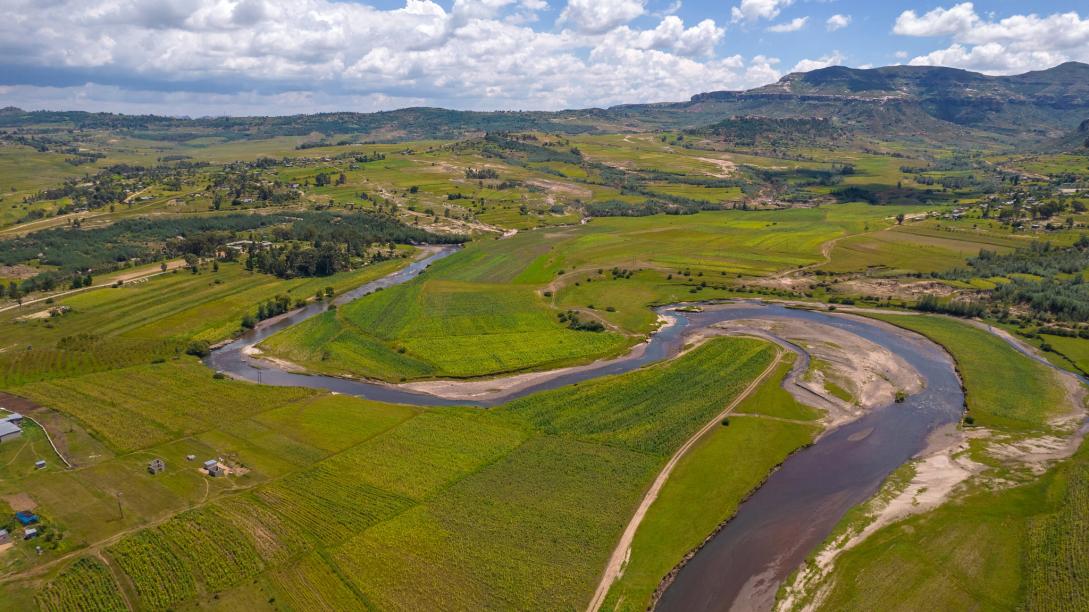Support to Integrated Catchment Management (ICM) in Lesotho - ReNOKA

Project overview
The goal of the ICM project is the sustainable management of land and water resources in Lesotho. It is aimed at combatting land degradation and the depletion of water catchments in the country. The successful implementation of the programme is expected to: protect and conserve water resources in the country, preserve Lesotho's vast wetlands and ecosystems, reduce soil erosion and desertification, rejuvenate agricultural lands, and improve the resilience of Basotho and their livelihoods. Thus, the action contributes through its objective to several Sustainable Development Goals.
The Action will specifically address the objectives of the National Strategic Development Plan (NSDP) on water and sanitation, agriculture and the rural economy. Building upon the ‘water-energy-food security’ nexus, the action will contribute to improving the environment while furthering food security, adaptation to climate change in Lesotho and utilising opportunities of the green economy.
Beneficiaries
The target beneficiaries include agricultural producers (commercial and subsistence crop and livestock farmers) as well as rural and semi-urban populations whose livelihoods depend on natural resources provided by the land (including water, wood for heating, cooking). It is expected that at least 20.000 persons will benefit through increased income. The Action will ensure that women can benefit meaningfully from ICM. Women already play a pivotal role in natural resource management on a household level. Their engagement and participation in measures will be fostered. At least 2.000 women will directly benefit from access to improved and increased economic activity.
All SADC member states are indirect beneficiaries that have the potential to benefit from this Action. Through embedding the ICM approach in Lesotho in the basin-wide and regional agenda and strategies, important lessons from ICM Lesotho will be made available to decision makers and practitioners in the SADC Member States as learning experiences.
Sector
Natural Resources (Water and Land)
Contributions from partners
The Government of Lesotho
€5 million
Joint co-financing by Germany's Federal Ministry for Economic Cooperation and Development (BMZ) through GIZ
€6 million



